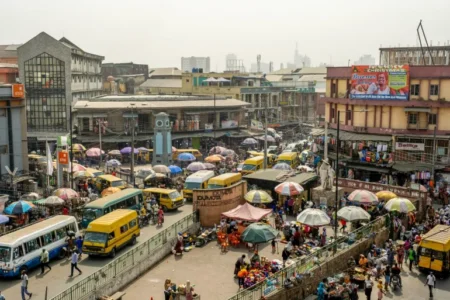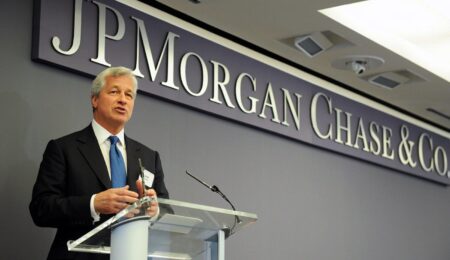South Africa which is currently under serious economic situations has also sustained a rather historic slump in the business confidence index in 34 years according to last year’s data.
According to a report by Bloomberg, the statistics compiled by the South African Chamber of Commerce and Industry (SACCI), showed that the business confidence declined to an average of 92.6 from a two-year high record of 95.5 in 2018, that being the lowest record since 1985.
Delays in policy implementation, deteriorating public finances and power cuts which escalated in December 2019 have been associated are crucial factors that define the fate of investment in South Africa and why the index matters.
South Africa’s treasury 2019 budget review shows that real GDP growth in 2019 was expected to grow slowly to 1.5 per cent, and expected to improve moderately to 2.1 per cent in 2021.
On the other mark, Bloomberg highlighted that the South African economy unexpectedly contracted in the third quarter and is stuck in the longest downward cycle since 1945.
While the government expects gross domestic product growth of 1.2 per cent this year, yet the World Bank this week became the first key institution to lower its forecast below 1per cent due to power-supply constraints affecting the country’s economy landscape.
Further, the report highlighted that gradual improvements in business and consumer confidence, and more effective public infrastructure spending will be partially offset by slower global growth, and insisting on economic reforms and effective implementation.
READ:South Africa to brace for more power cuts
On the contrary, the SACCI elaborated that, the business confidence remains fragile and might lean to any mark, depending on the coming month fiscal and economic outlooks of the current government.
“The economy’s potential is wavering and requires positive corrective steps to direct the economy in an appropriate direction,” SACCI commented.
As 95 per cent of the nation’s electricity is generated by Eskom Holdings SOC Ltd, the industrial complex and the economic fate hangs in the balance.
However, Bloomberg also cited that, weak economic growth could lead to a further deterioration in public finances and heighten the risk of South Africa losing its last investment-grade credit rating with Moody’s Investors Service.
The company cut the outlook of the nation’s Baa3 assessment to negative in November, effectively giving lawmakers just over three months to preserve the assessment and avert a forced sell-off of billions of rands of its debt.










